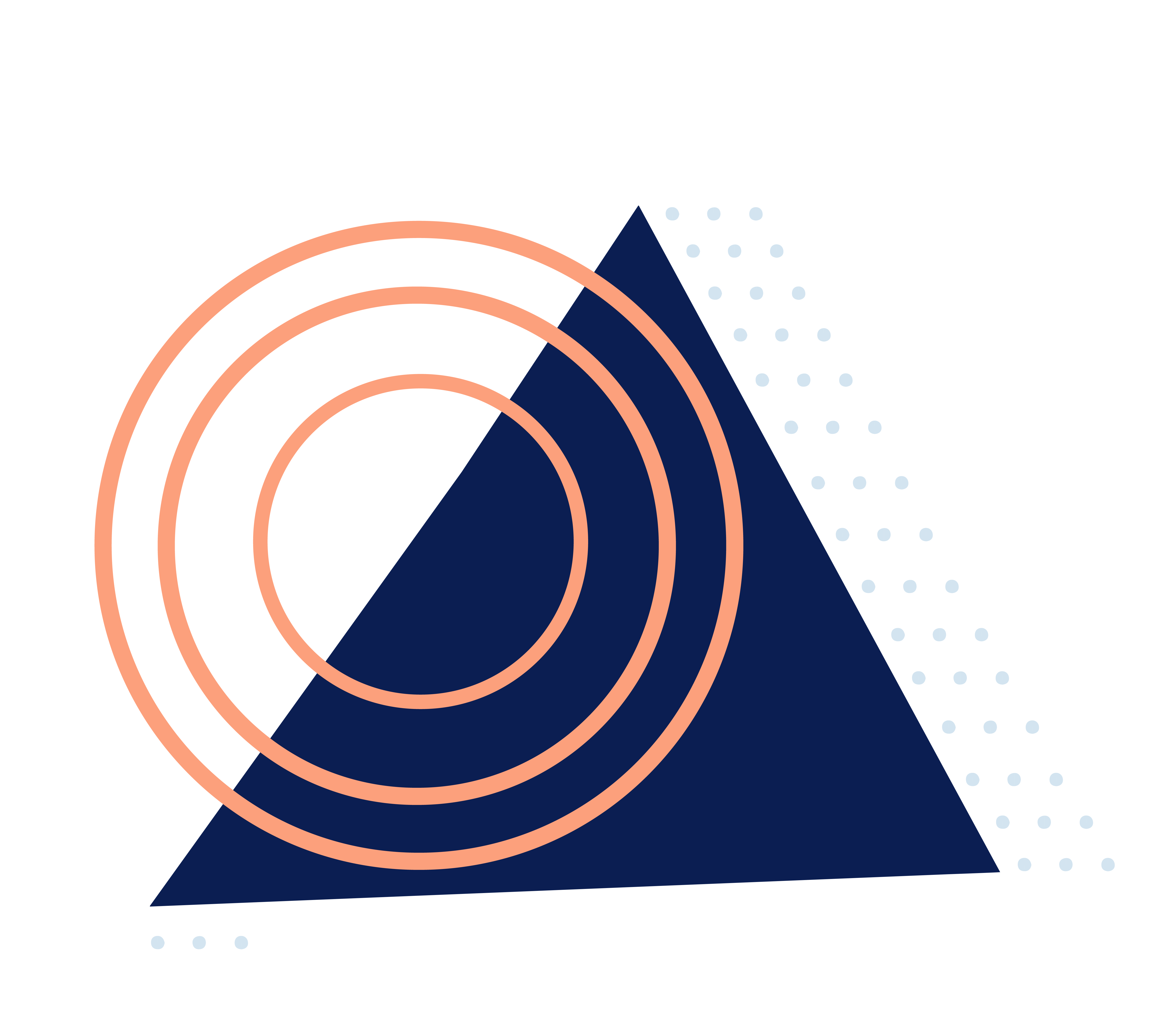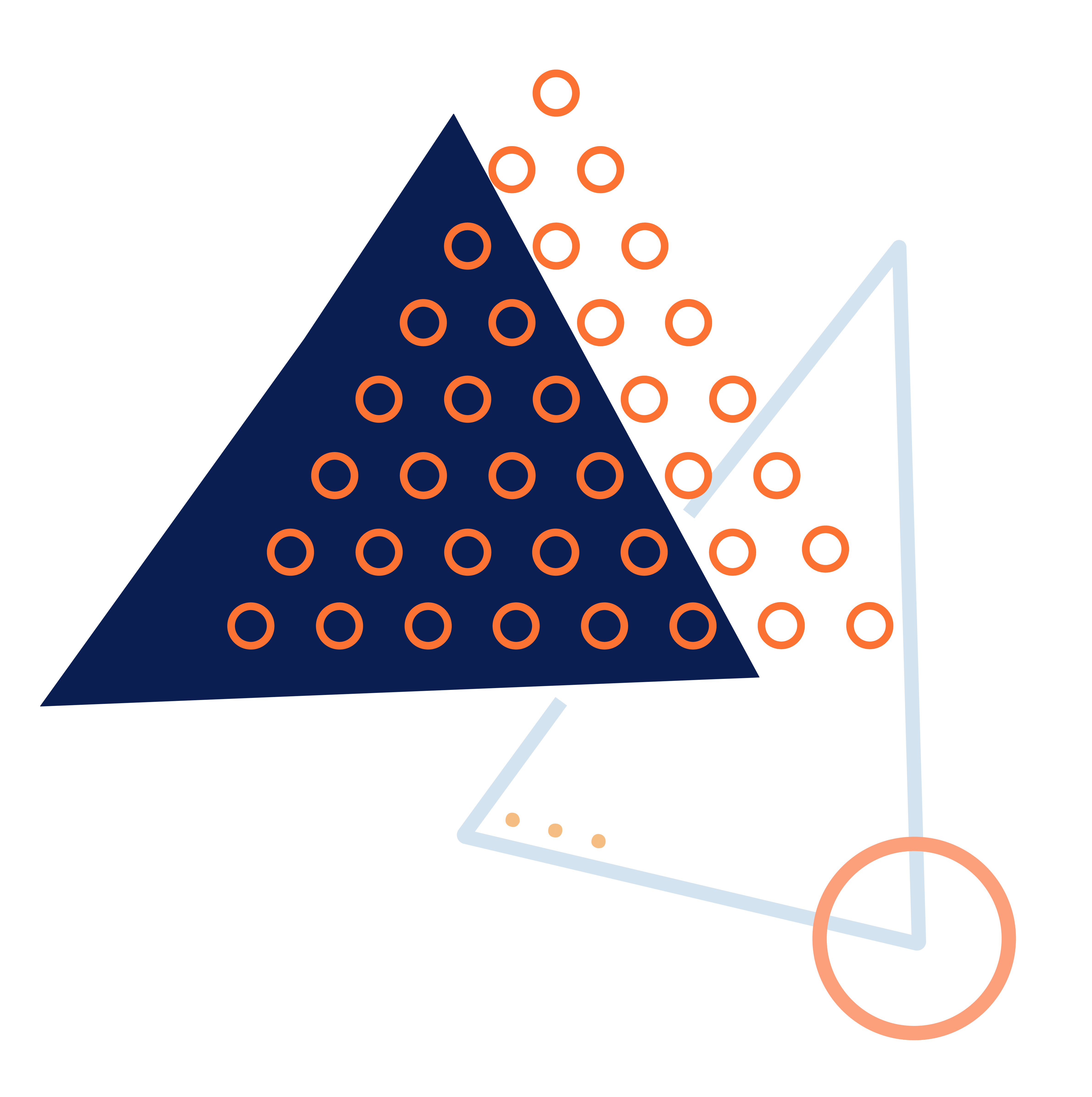

Research Series 1: Preventing Sexual Violence in Conflict 26th October 2020
Preventing Sexual Violence in Conflict: South Sudan
Nyachangkuoth Rambang Tai
Preventing Sexual Violence in Conflict: South Sudan
Introduction
I was born in a community where women always bear the heaviest load. We struggle with harmful norms, cultures, and traditions. To make matters worse, these harmful norms, cultures and traditions have been normalized; Sexual and Gender Based Violence (SGBV) against women is considered a normal part of our culture and way of life. In South Sudan’s history of armed conflict, women have faced continuous displacements, deaths, SGBV, loss of property and identity. SGBV has been a tool of war in South Sudan. On 30th November 2018 during the civil war, according to Medecin Sans Frontieres (MSF), 125 women were raped in one week in Benitu. It is not only SGBV that is the problem, South Sudan is one of the countries where women face male domination in every sphere of life to the community’s own undoing; women are considered second class citizens. The underrated and suppressed potential and contribution of women remains unharnessed, especially in the process of peacebuilding.
In my country, traditionally women are known to be instrumental in protecting, negotiating, building and keeping peace in their communities. I was able to meet some of these women from different peace groups in Yirol, during the Assistance Mission for Africa’s (AMA) recent conference on women’s inclusion in decision making and governance. Here it was clear that women have borne the brunt of suffering in South Sudan and still don't get the protection and the participation they deserve in governance and decision making. This piece focuses on how harmful practices in South Sudan contributes to SGBV, and how feminist objectives and values can contribute to preventing SGBV in conflict settings.
Experiences of feminism in South Sudan
On 28th May 2020, I, along with other South Sudanese feminist activists, marched in the streets of Juba condemning and protesting against the rape of an 8 year old girl. We delivered a petition to the Ministry of Gender and the Parliament, emphasizing the importance of protecting women and girls and getting justice to survivors of SGBV by holding perpetrators accountable. More recently, on 16th September 2020, I briefed the United Nations Security Council on South Sudan. In my remarks I emphasized the need for female participation in governance and the role of the South Sudanese women speaking up against SGBV.
Recently on social media under the hashtag #Southsudanesesurvivor, many young women and girls shared their experiences of gender-based violence. For too long, survivors have been silenced, with perpetrators able to target women and girls for abuse with a sense of impunity. I applaud the courage of the young women and girls sharing their experiences and drawing attention to impunity surrounding these violations.
Despite this feminism in action that we are seeing in communities, feminism is still not a widely accepted concept in South Sudan. South Sudanese communities have always protected men. Following the social media movement, some men started slut shaming these survivors, accusing them of lying. Following experiences in my own community, I know it takes a lot of courage for a woman or a girl to come out to talk about her experiences of SGBV experience and name her perpetrator, so the backlash is difficult to take. In solidarity, the survivors went ahead and created a facebook group with the names of these South Sudanese women love and this group now has over 4.6 members, and is a group which provides support to women who have experiences of SGBV.
Preventing Sexual Violence in Conflict through the peace process in South Sudan
On the night of December 15th in the year 2013 a civil war broke out in the capital state of South Sudan, Juba, between the Government and opposition parties and it continued for several years. Women and girls in South Sudan have often borne the brunt of the conflict and difficult humanitarian conditions. The current peacebuilding phase and signing of the peace agreement, the Revitalized Agreement on the Resolution of Conflict in South Sudan (R-ARCSS), in South Sudan offers great opportunities for advancing gender equality and women’s rights through the Women, Peace and Security (WPS) agenda.
The latest war in South Sudan has killed more than 382,000 people, according to a recent study produced by the London School of Hygiene and Tropical Medicine. Furthermore, the U.N. Refugee Agency (UNHCR) estimates that more than 4.3 million people have been forced to flee their homes. Those disproportionately affected are women and children, many of whom have endured human rights abuses, including rape and gang rape, beatings, sexual assault and forced labor. Even before the civil war in South Sudan, many South Sudanese women and girls experienced extreme levels of SGBV and had few ways to address this and receive justice. Once civil war started in the country in December 2013, this type of violence became even more prevalent. It became a tactic to fight and a tool of the war, to humiliate women and girls, despite knowing the implications such acts can have on their future. Although most of the violence reduced after the signing of the R-ARCSS, SGBV remained on the rise. Men in uniform, affiliated with different military groups, continued to violate women and girls at gunpoint - women on their way to fetch water and cooking woods, heading to food distribution locations, and those who have been forcibly, internally displaced.
Undaunted, South Sudanese women didn't give up on making their voices heard. During the signing of revitalized agreement on the resolution of conflict in South Sudan (R-ARCSS) in Addis Ababa, Ethiopia, women were underrepresented. The South Sudanese women’s block and other women leaders funded their own logistics to claim a seat during the negotiations. Even though traditional gender norms restricted the ability of these women to participate, they finally managed to get a space at the table, and they started adding women voices on protection and participation. They were able to center the conversation on the suffering of women and children in the country, and the need for humanitarian assistance. In 2015 we only had 2 female signatories to the peace agreement, but the women of South Sudan made sure in 2018 agreement to have 7 signatories who were women, which was a hard win, well deserved and earned.
Many women in civil society believe that in order to prevent sexual violence in conflict more inclusion of women is needed and their effective participation in decision making process and governance is essential. There were steps towards this in South Sudan, as the R-ARCSS was supposed to establish the Hybrid Court of South Sudan to hold perpetrators of SGBV accountable. These efforts have been currently put on hold as South Sudan, together with the rest of the world, grapples with the uncertainties of this unprecedented pandemic.
Preventing Sexual Violence in Conflict in the community in South Sudan
Assistance Mission for Africa (AMA) is a regional organization founded in the year 2002 and based in East Africa, which has worked for years implementing the four pillars of the WPS agenda: participation, protection, prevention, and relief and recovery. I lead a group of 120 survivors of SGBV in Ganyliel of Payinjiar County, Unity States. I do this as part of the organisation “Beam Of Hope”, which was founded in the year 2017 by the AMA. It is for women, some who have been internally displaced and some who are survivors of SGBV from within the community. AMA provides them with psychosocial support, and links them to different service providers. These groups share traumatic experiences of SGBV at the hands of men in uniform during the conflict. Right now these women are in charge of the AMA’s women’s center and they provide support to other survivors within their communities. They also work as a local monitoring group and advocate for the protection of women and girls in their communities.
AMA believes in raising awareness at a country level on SGBV, as well as fighting the harmful norms and practices and the importance of bottom up lobbying and advocacy work to stop violence, especially against women and girls, and working collectively to hold perpetrators accountable in Panijiar County of Unity State and Nyang County in the Lakes States. Through working to implement the WPS agenda, AMA have ensured women became part of decision making in the traditional court in Unity State, which led to high number of survivors coming out to report cases to the traditional courts and seeking justice. They felt safe enough to talk about these violations to women who can understand, and will not judge and stigmatize them. Perpetrators were held accountable and with time it is becoming more common to take SGBV cases to traditional courts without fear of stigmatisation.
Conclusion
This piece emphasizes on the importance of feminism and the WPS agenda in preventing sexual violence against women and girls at both the national and the community level. This month marks the 20th anniversary for the WPS agenda and women in South Sudan, conflict-affected countries, and the world at large still face difficulties in getting protection from any form of violence. Many feminist groups and women-led initiatives work hard to make sure women and girls get the protection they deserve but this is still difficult work. This piece is and will remain a reminder for the continuity of my work in advancing feminism and the protection of women through my existing efforts in the peace and security space, and using my voice to advance the WPS and the PSVI agenda. Women still face violence and many decide to remain silent about this, but I and other feminists refuse to be silent. We want these untold stories to be heard and, one day at a time, voicing these stories will create a safer space in the world for women and girls. It will create a better future for the generation to come.
Nyachangkuoth Rambang Tai
Nyachangkuoth is a feminist, a peace activist, human rights defender, and is a co-founder of The Mother Care Organization. She is the special Assistant to the AU chairperson advisor on policy and strategic relations with the African Union Organs (AUO). She is the US institute of peace Youth country liaison for south Sudan and Uganda and Women in conflict 1325 fellow. Nyachangkuoth is also head of Gender Programmes at Assistance Mission for Africa (AMA). Nyachangkuoth raises awareness of the cross-cutting nature of gender equality considerations in the social, economic, political, scientific, cultural, and educational fields. She seeks the participation and inclusion of women in decision-making processes and the protection of women from all types of violence. Nyachangkuoth also conducts trainings and workshops that empower women to embrace free, just, dignified, and self-actualizing lives in South Sudan. In her work, she incorporates the Generation Change training manual, which has allowed her to effectively transform her community. She was 2019 USIP youth advisory council member, and she briefed the UN Security Council on South Sudan representing South Sudan Civil Society in September 2020. Nyachangkuoth is a graduate of Bahr El Ghazal University with a bachelor’s degree in Economics and Social Studies, she is a visionary leader who is working toward societies with gender parity, and deeply wants to see a peaceful society that respects human rights . She aspires to get into a key decision-making position to inspire more women to reach their
Follow her on twitter: @Nyachangkuoth1
References
Ensor, Marisa O. (2020) ‘Dodging Bullets, Locusts & Viruses: South SudaneseWomenResilience in Crisis’Vol. 21 No. 2. June 2020. Washington, DC: Global Peace Services USA.
UN Security Council Briefing on South Sudan by Nyachangkuoth Rambang Tai September 16th 2020 https://www.womenpeacesecurity.org/peacebuilder-resource-un-security-council briefing-south-sudan-nyachangkuoth-rambang-tai-09-2020/
Author: Charles Wote | Published: Wednesday, June 3, 2020, Eye Radio https://eyeradio.org/lakes-activists-condemn-recurrent-rape-cases/
Author: Okot Emmanuel | Published: Wednesday, June 10, 2020 https://eyeradio.org/police-hold-man-for-defiling-8-year-old-in-juba/
Francesco Checchi, Adrienne Testa, Abdihamid Warsame, Le Quach, Rachel Burns. Estimates of crisis-attributable mortality in South Sudan, December 2013-April 2018. https://www.lshtm.ac.uk/south-sudan-full-report


Read More


Article
Reflecting about Positionality and Research Objectives in the Study of Sexual Violence in Conflict


Article
The Racism Here That We Export There: Discussions of Sexual Violence in Two Contexts


Article
Media Representations of Sexual Violence: Sensational or Fact-based?


Article
Ideology, Conflict and Sexual Violence in Pakistan


Article